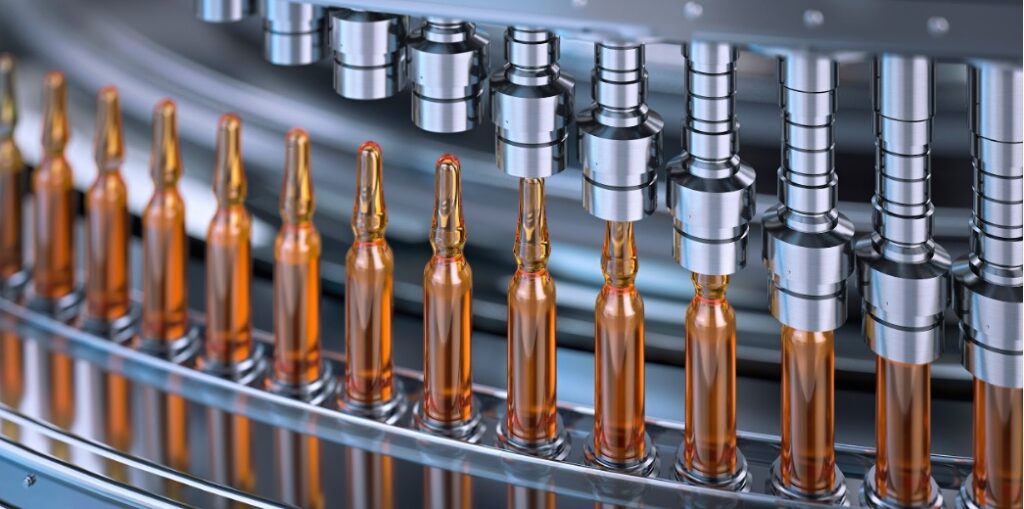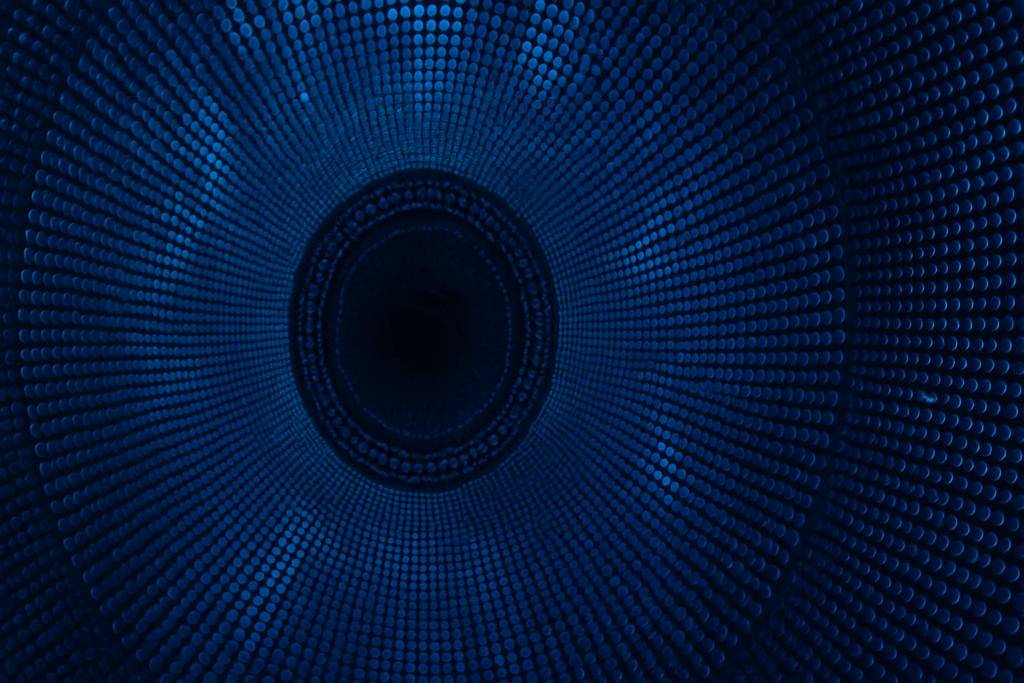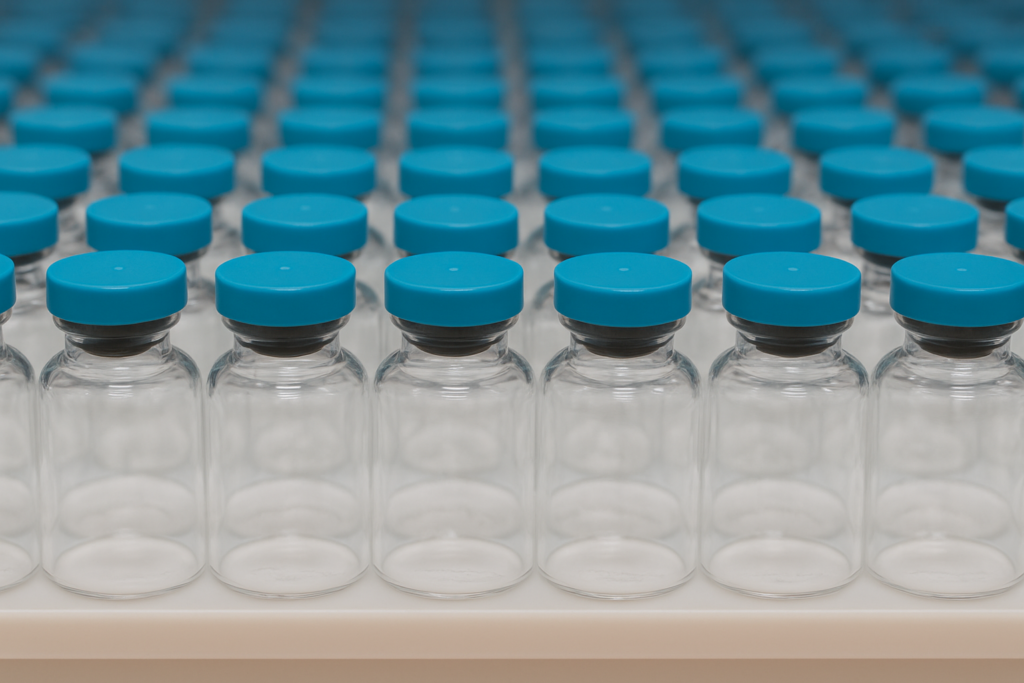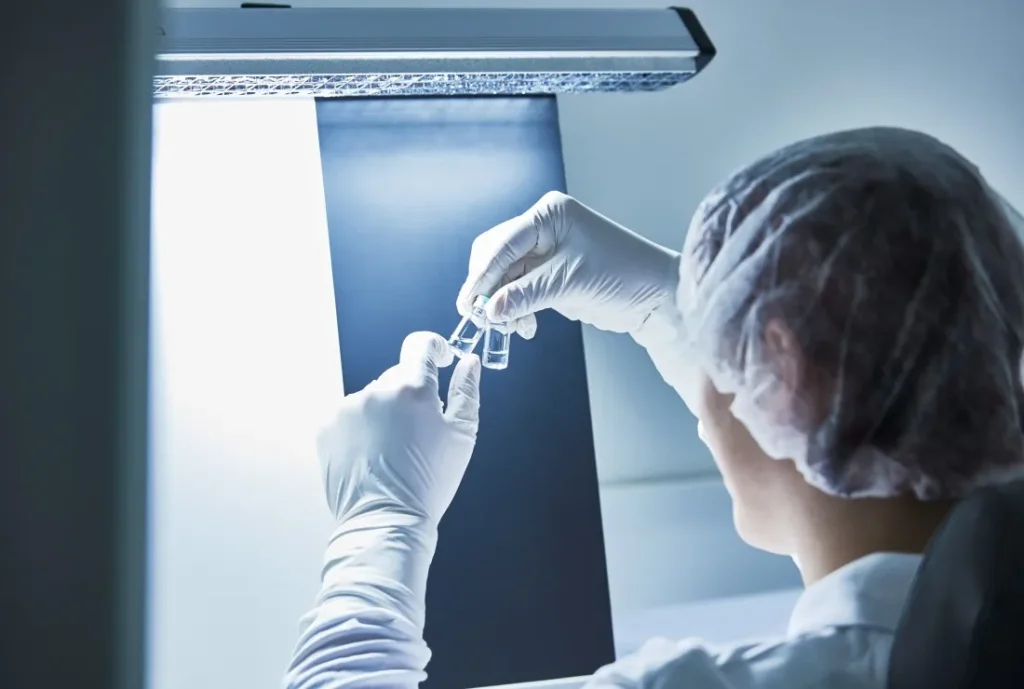The Critical Role of Upstream Inspection in the Capping Process
Implementing inspection systems at the post-capping stage is crucial for pharmaceutical manufacturers to identify and address process deficiencies early. Relying solely on personnel for final visual inspection puts entire batches at risk, as defects may go undetected until much later in the production cycle.
In many cases, final inspection doesn’t occur until hours or even days after the filling and capping process, leaving no opportunity for real-time adjustments that could improve production outcomes.
Immediate inspection after capping provides manufacturers with a faster, more efficient way to detect defects. Capping machines typically run at much higher speeds than traditional automated final inspection systems, which often operate at only 10% to 20% of the capper’s capacity. For products sensitive to light or temperature, faster detection at this stage can be critical in preventing product degradation.
By integrating inspection directly into the capping process, manufacturers add an essential layer of quality control that enables timely corrections, ultimately reducing waste, avoiding costly rework, and ensuring a higher-quality product.
Current Limitations in Capping Machine Inspection
Traditional systems for capper inspection rely on rules-based camera setups that require detailed programming for each defect, often necessitating vision experts and OEM support for recipe training.
These systems also face issues with outdated software and hardware, limiting their ability to adapt to evolving production needs. These limitations lead to inefficiencies in production, missed defects, and increased costs due to false ejects or recalls.
Advantages of Using AI for Upstream Inspection
To address these challenges, Genesis Packaging Technologies and Boon Logic developed Advisum-AI, powered by Boon Logic’s AVIS platform. This solution uses unsupervised machine learning to learn from normal, compliant products and detect defects with a high degree of accuracy.
Advisum-AI can be retrofitted to existing capping machines with rules-based camera systems or deployed as a standalone inspection station for machines without cameras.
Key Advantages of Advisum-AI:
- Quick and Efficient Recipe Training:
Advisum-AI uses compliant units for training, learning from normal product variations without requiring extensive libraries of pre-labeled defect images. Training is completed in minutes, significantly reducing setup time. - Optimized Defect Detection with Reduced False Rejects:
Using unsupervised machine learning, Advisum-AI accurately detects defects such as misaligned caps, missing stoppers, and cracks while minimizing false rejects. As discussed in our previous blog, How AI-based Visual Inspection Reduces False Reject Challenges, AI-based visual inspection can reduce false eject rates by over 50%, resulting in millions in production cost savings. - Simplified Validation and Compliance:
Once the machine learning model is trained, it can be locked for straightforward qualification and validation.
Types of Defects Detectable by Advisum-AI
Advisum-AI can detect a range of defects during both pre- and post-capping inspections, including:
- Misaligned or Cocked Caps:
Detects caps that are improperly seated, which can compromise container closure integrity. - Overfill or Underfill Vials:
Identifies units that have too much or too little product. - Cap Color:
Detects units given an incorrect cap, which may affect the integrity of the product’s seal. - Missing or Raised Stoppers:
Identifies vials with missing or improperly inserted stoppers, preventing contamination or leakage. - Cracked or Chipped Vial Necks:
Recognizes damage to vial necks, such as cracks or chips, caused during the capping process. - Particulate Contamination:
Detects foreign particles, such as metal or plastic shavings from the capping machine, trapped under the cap. - Deformed Cap Skirts:
Identifies defects in the cap’s skirt, such as dents or irregularities, that can impact sealing and vial appearance.
Deployment Options
Advisum-AI is flexible and can be integrated into different types of capping machines, allowing manufacturers to upgrade inspection capabilities without costly overhauls or downtime:
- Retrofit Capping Machines with Existing Camera Systems:
Advisum-AI can be integrated with existing hardware, maximizing the return on investment. - Retrofit Downstream Semi-Automated Visual Inspection Systems:
Advisum-AI can automate semi-automated visual inspection (SAVI) machines, replacing human inspectors. - Standalone Inspection Station:
Advisum-AI can also be installed as a standalone inspection solution for machines without built-in cameras.
Proven Results: Case Studies and Field Performance
Testing conducted by Genesis Packaging Technologies and Boon Logic demonstrated that Advisum-AI reliably detects defects on capping lines. In one case study involving a vial capping line, Advisum-AI identified over 90% of defects while maintaining a false reject rate below 1%.
It effectively detected issues such as crooked caps and missing stoppers, while significantly reducing false rejections, which previously led to production delays and increased costs.
Conclusion
Advisum-AI helps manufacturers identify defects earlier in the production process, preventing costly product waste, reducing rework, and avoiding production delays. By enabling real-time adjustments at the capping stage, it ensures higher product quality and process efficiency while minimizing the risk of defects reaching final inspection or distribution.
This proactive approach to inspection not only safeguards product integrity but also enhances overall operational efficiency in pharmaceutical manufacturing.




